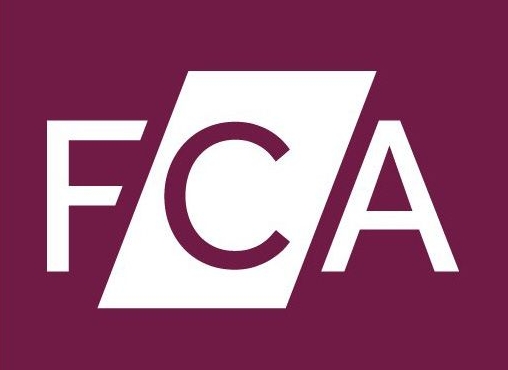
The Financial Conduct Authority has updated its controversial name and shame proposals, which the regulator promised would be “fundamentally reshaped.”
The watchdog, under plans first released in February, wants to release the names of firms under investigation if it believes it is in the public interest.
But this has been met with fierce City opposition, who say the move will destabilise valuations and staff at firms who have not yet been found guilty of misconduct.
Its new plans come after Chancellor Rachel Reeves said she wanted regulators not to hinder competition in the financial services sector at her Mansion House speech last month.
Earlier this month, FCA chief executive Nikhil Rathi was grilled by the House of Lord’s Financial Services Regulation Committee, where he announced its plans would be revised.
The regulator says it has made four “significant changes” to its proposals in response to market feedback.
These are:
- “The potential negative impact on a firm would be explicitly considered as part of a public interest test – previously it was not included as one of the factors”
- “Firms will be given 10 days’ notice ahead of any announcement being made, rather than the one day originally consulted on. During this period, firms could make representations. If the FCA decides to announce, firms would then have an additional 48 hours’ notice before it is published”
- “The potential for an announcement to seriously disrupt public confidence in the financial system or the market has also been included as a new factor in the public interest test”
- “The FCA has clarified it would not announce investigations which began before any changes to the policy come into effect. Although it may reactively confirm investigations which are already in the public domain, where this is in the public interest”
The body adds that over the last year, it has accelerated the pace of its investigations, which meant that “a number” took 16 months, or less, to complete, as opposed to its more typical 42-month probes.
FCA joint executive director of enforcement and market oversight Steve Smart says: “We have made good progress in increasing the focus and pace of our enforcement work – so that we can prioritise the investigations most likely to drive meaningful deterrence across industry and deliver more timely outcomes.”
However, critics point out that two-thirds of FCA investigations in the past have ended without any enforcement action, raising concerns that it could damage the reputation of companies by disclosing their identity even if the probe ended up not finding any wrongdoing.
Earlier this year, 16 finance trade bodies — including UK Finance, The Investment Association and TheCityUK — wrote to the then Chancellor Jeremy Hunt asking him to intervene over these plans.
The House of Lord’s Financial Services Regulation Committee will publish its report on the issue next month.
The watchdog will accept further comments on its plans until 17 February next year.
FCA joint executive director of enforcement and market oversight Therese Chambers says: “We have heard the strength of feedback to our original proposals, and we are making changes as a result.”
The body adds that it will continue to “meet with firms, trade associations, consumer groups, the legal community and others” about its proposals.
The FCA says its board plans “to make a final decision” on whether these proposals go ahead, and in what form “in the first quarter of 2025”.



